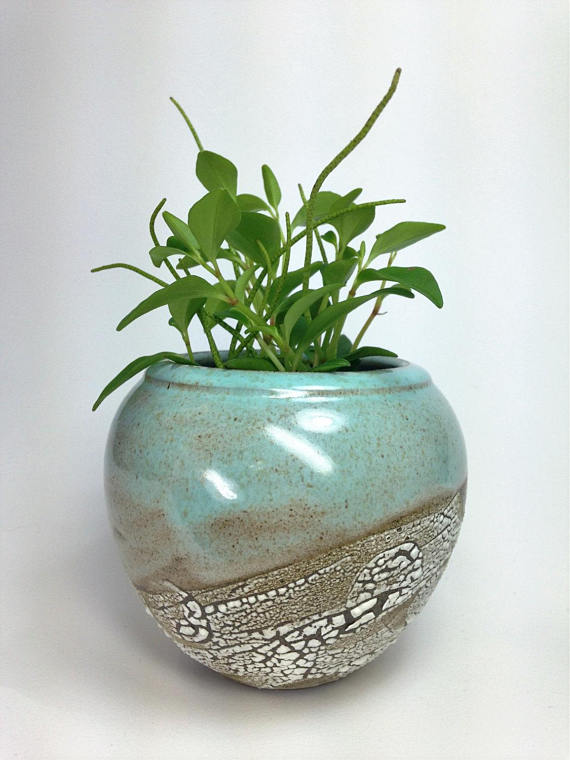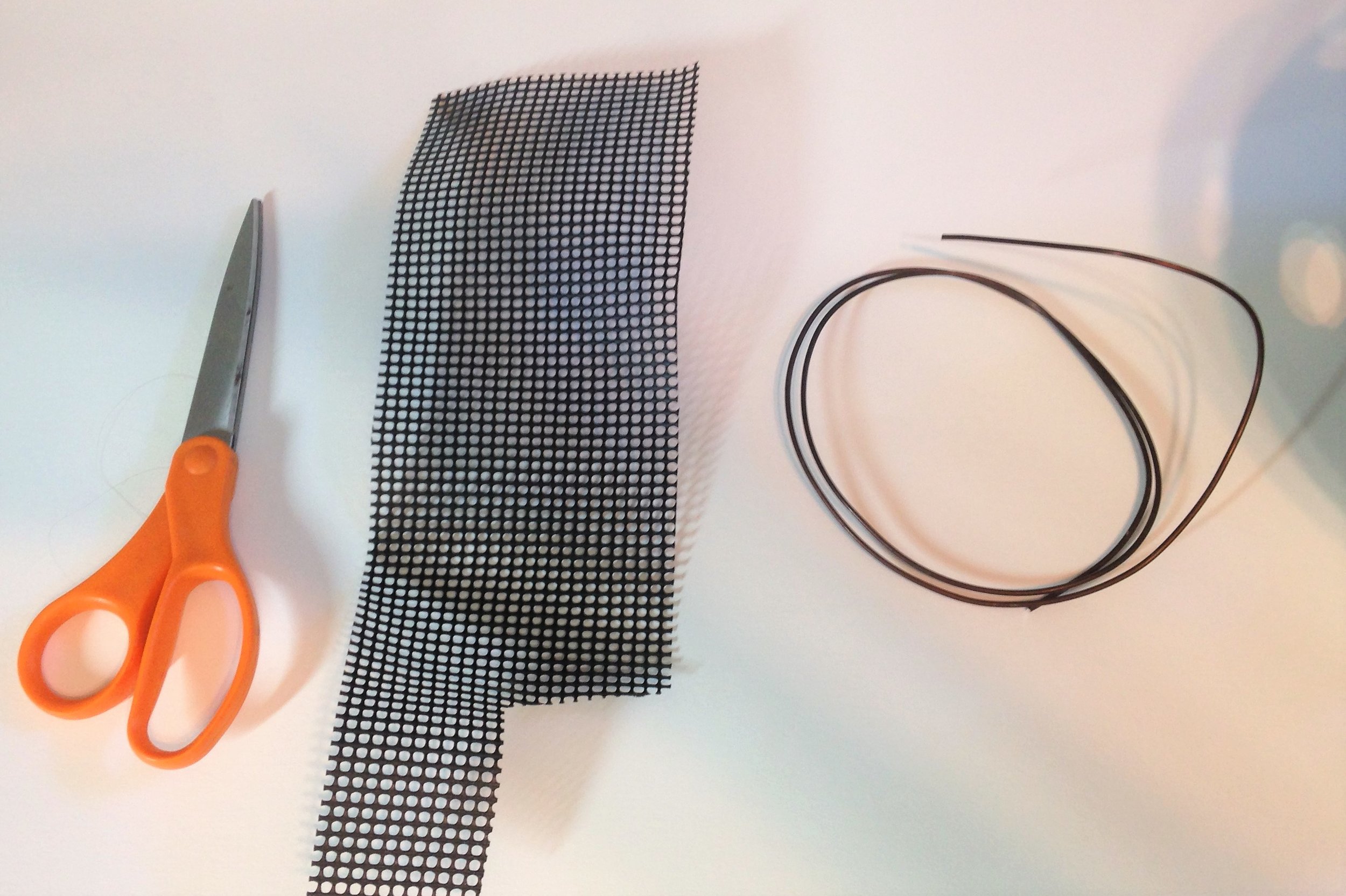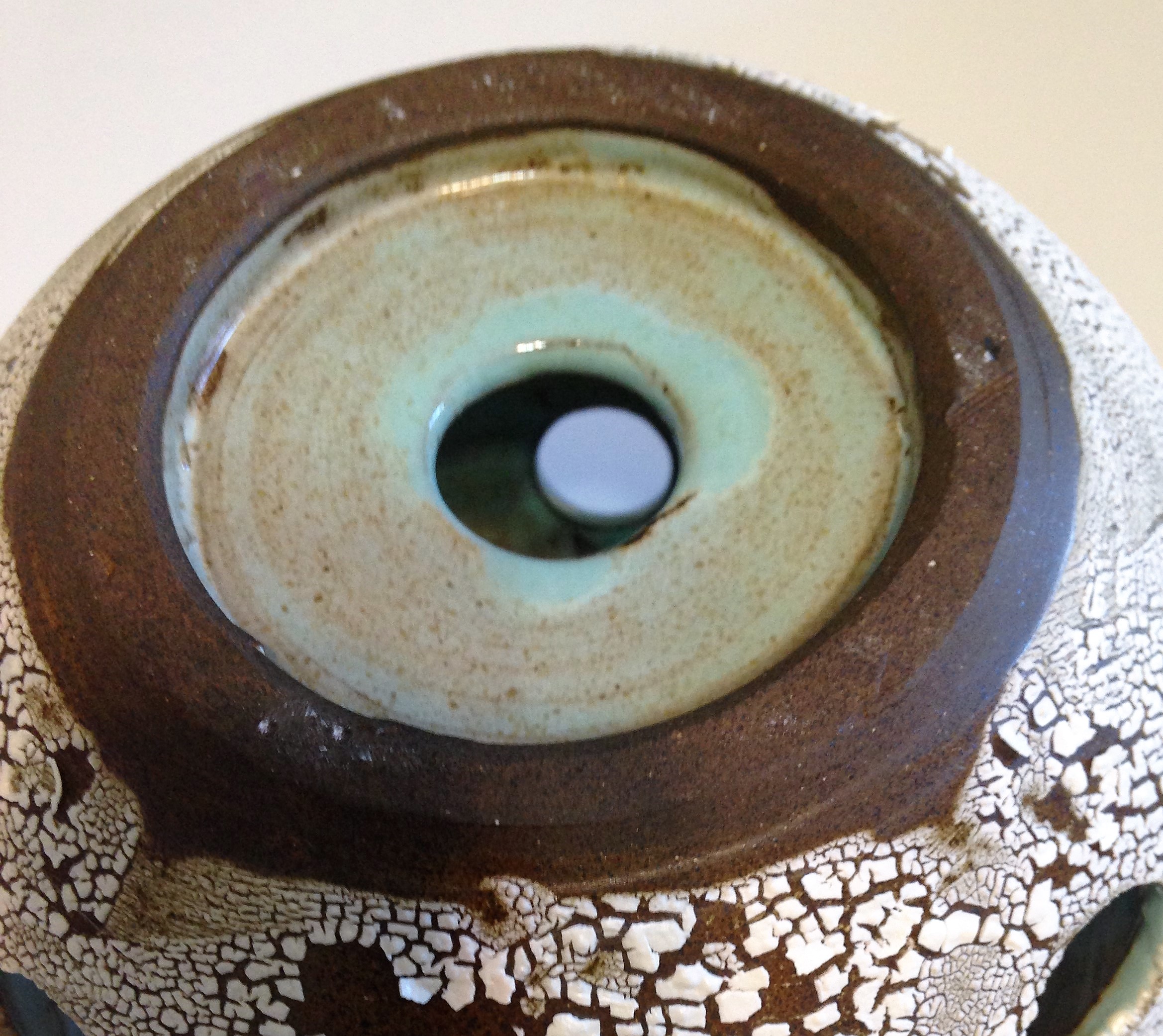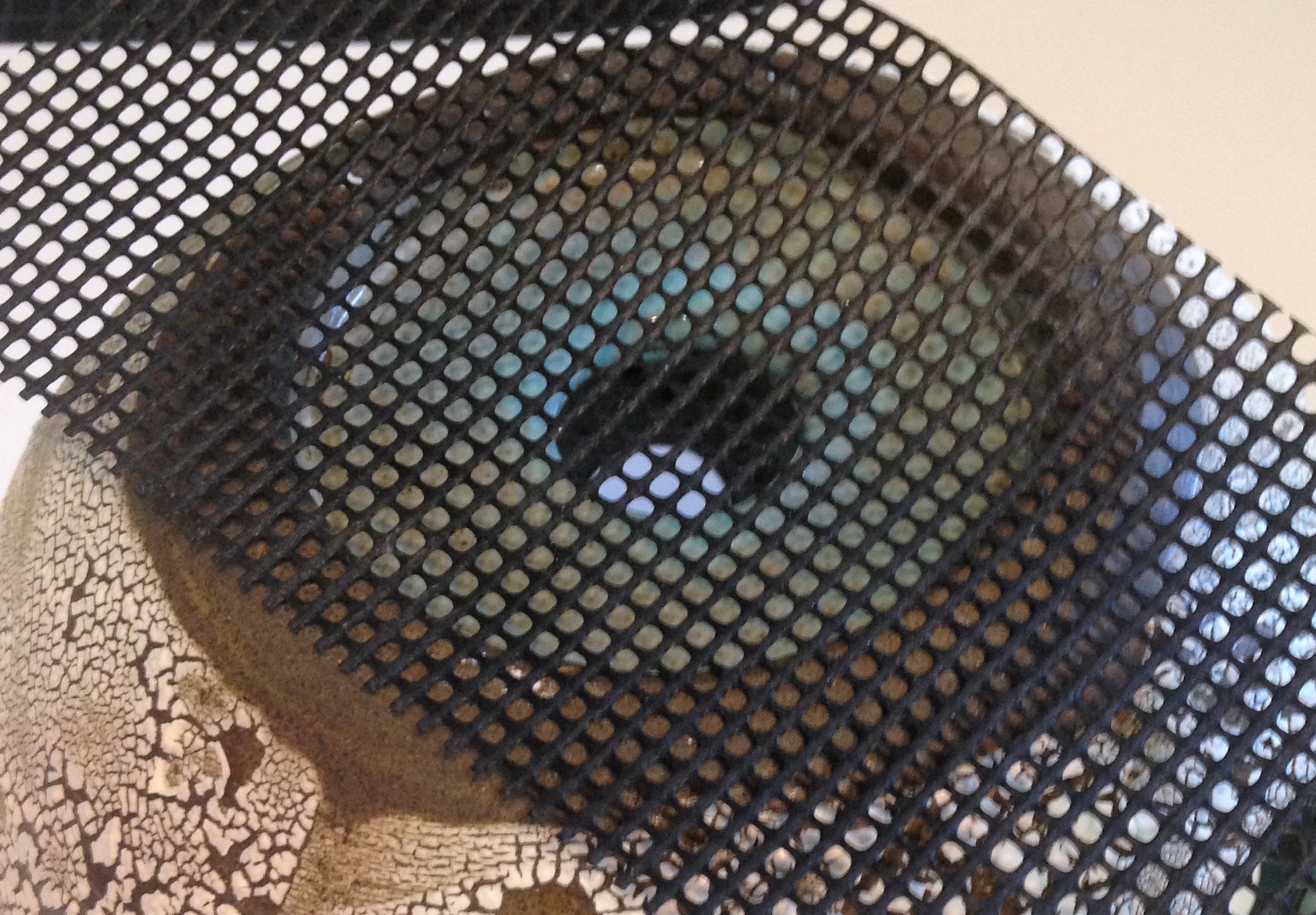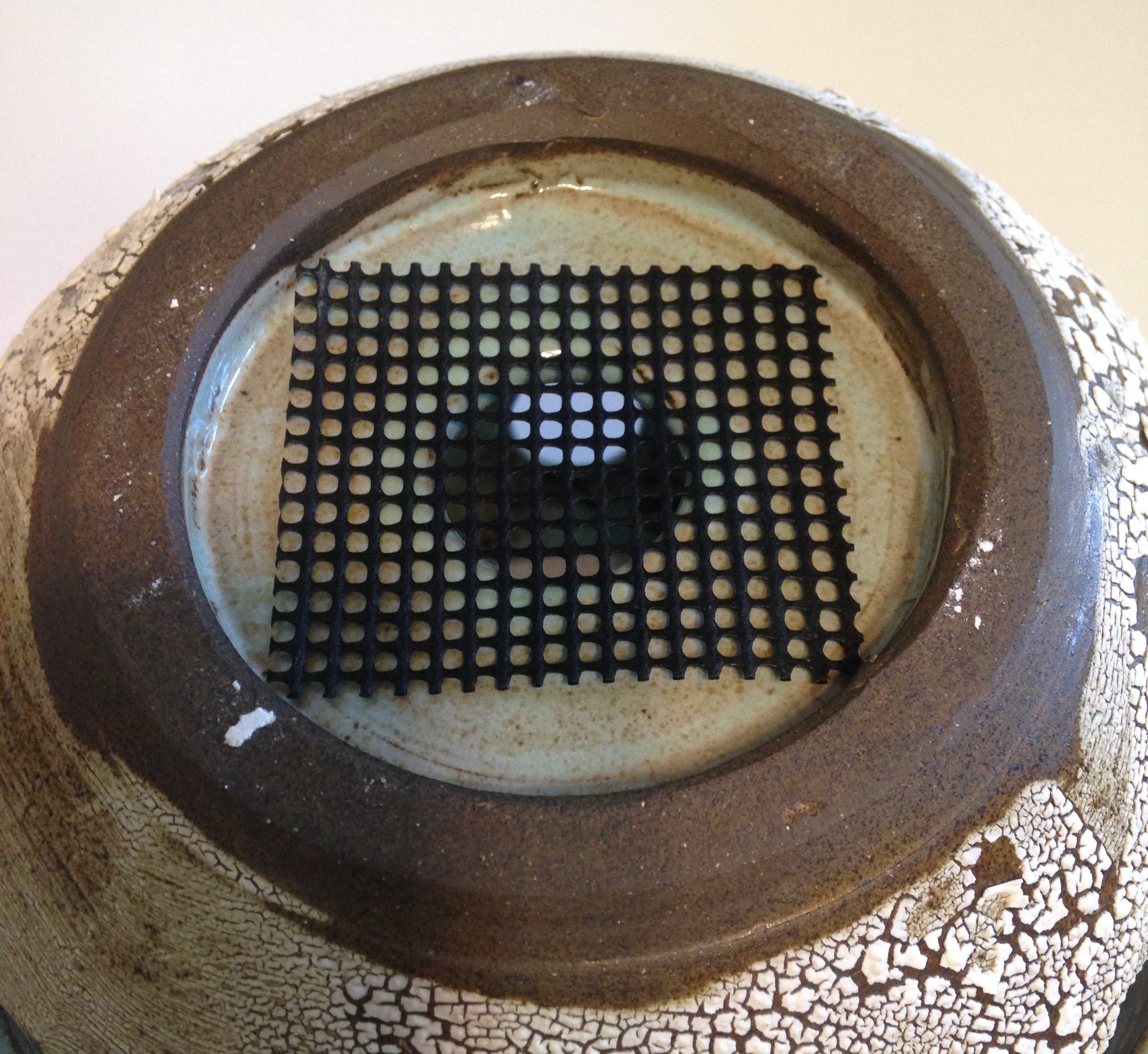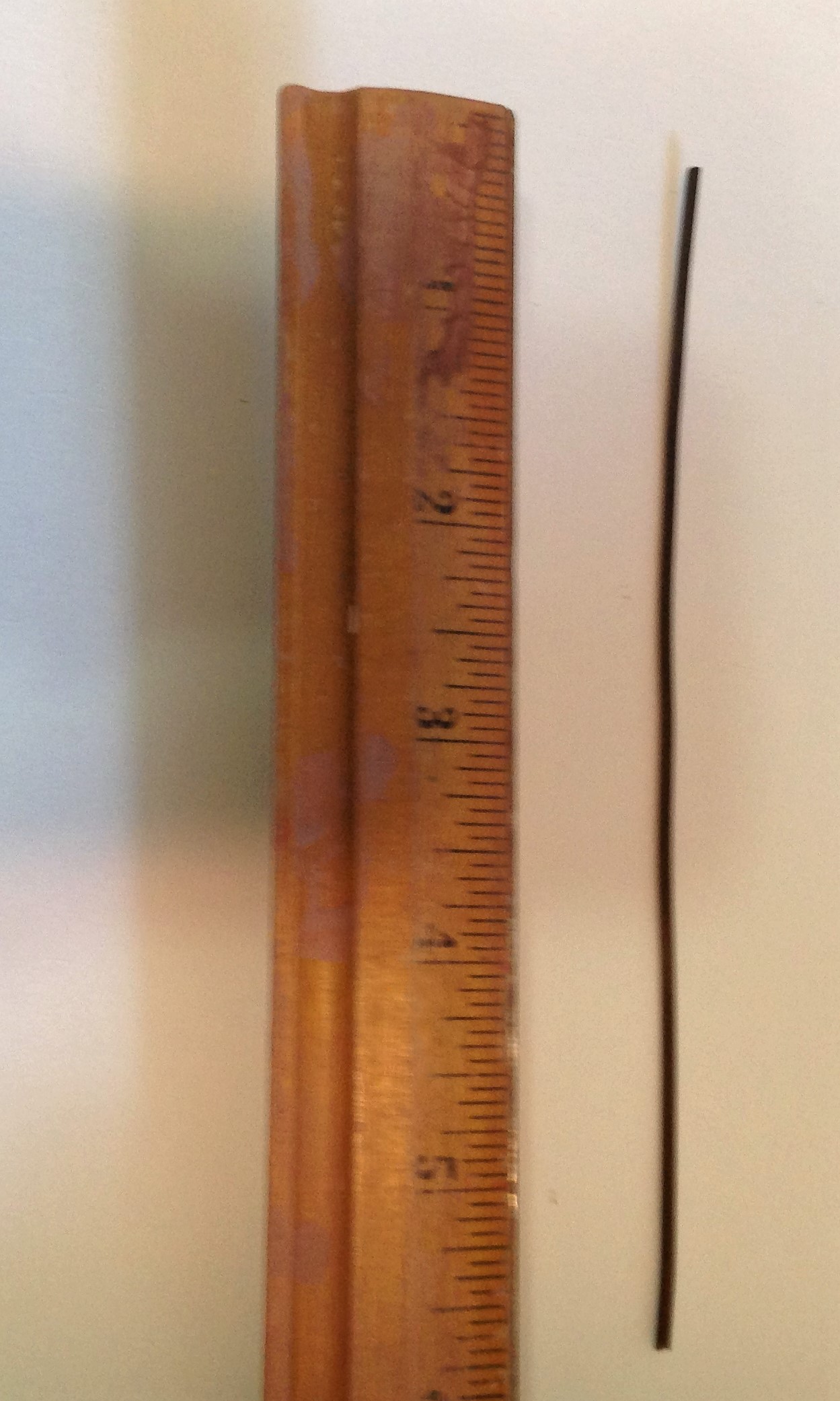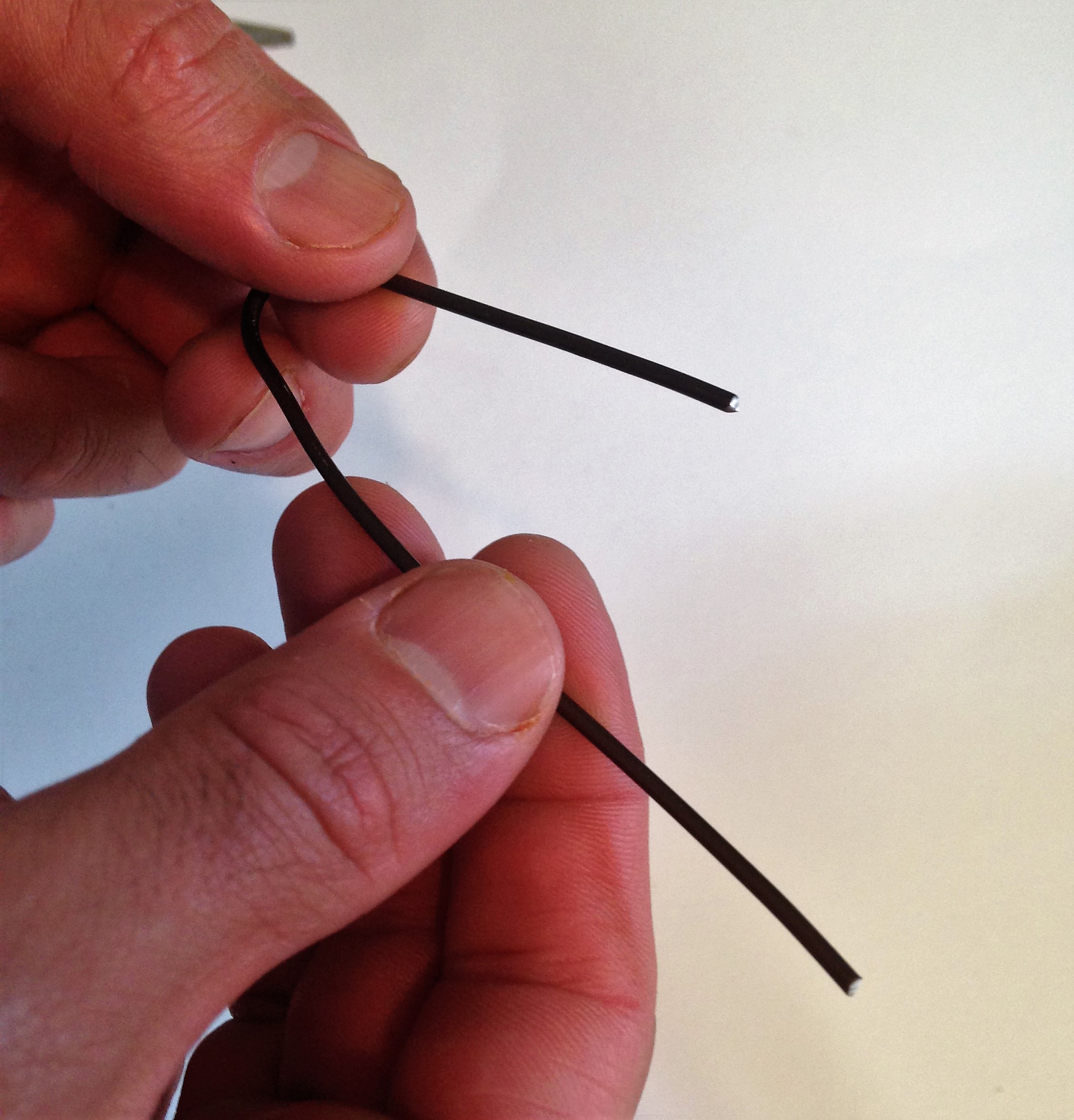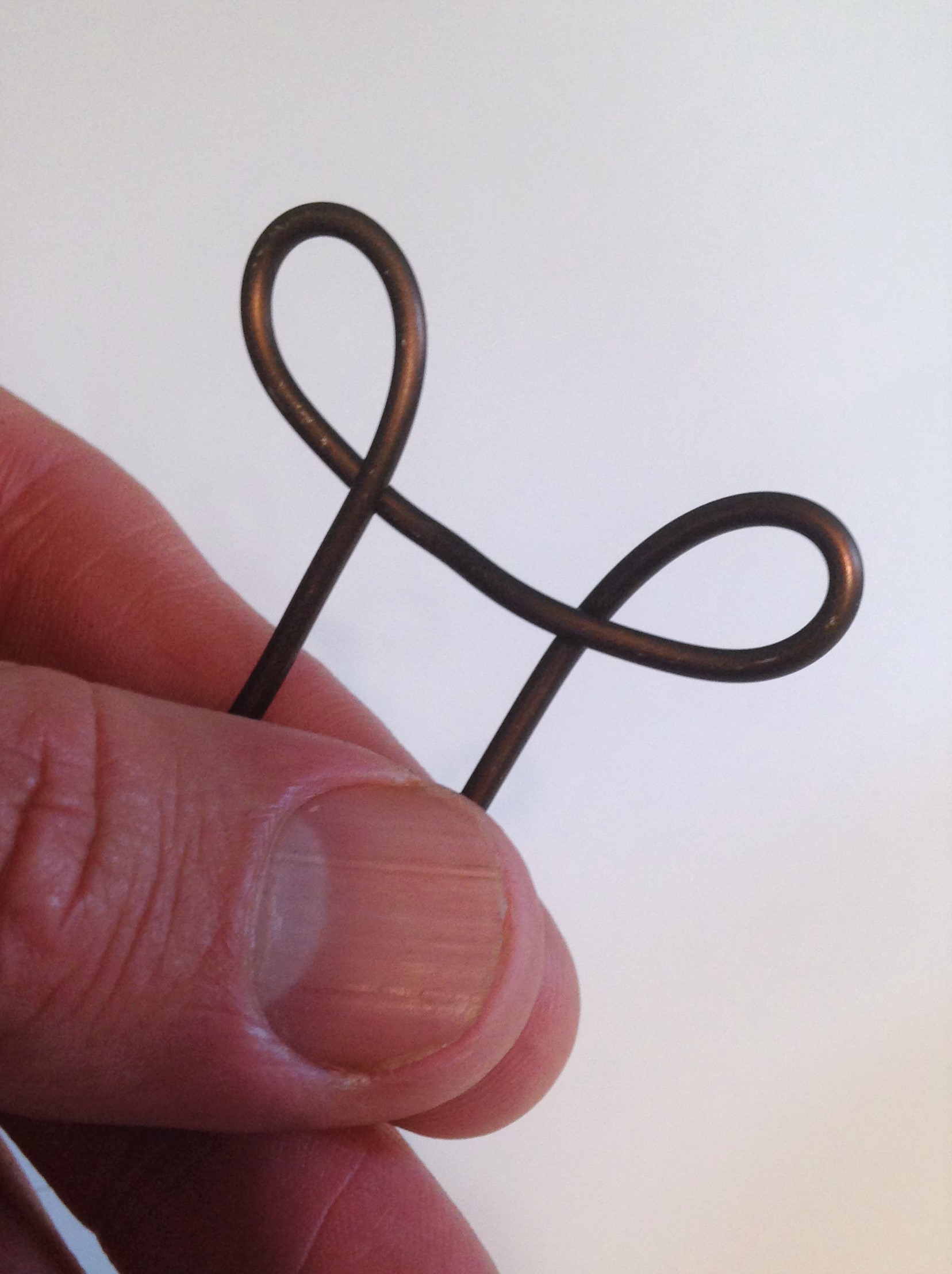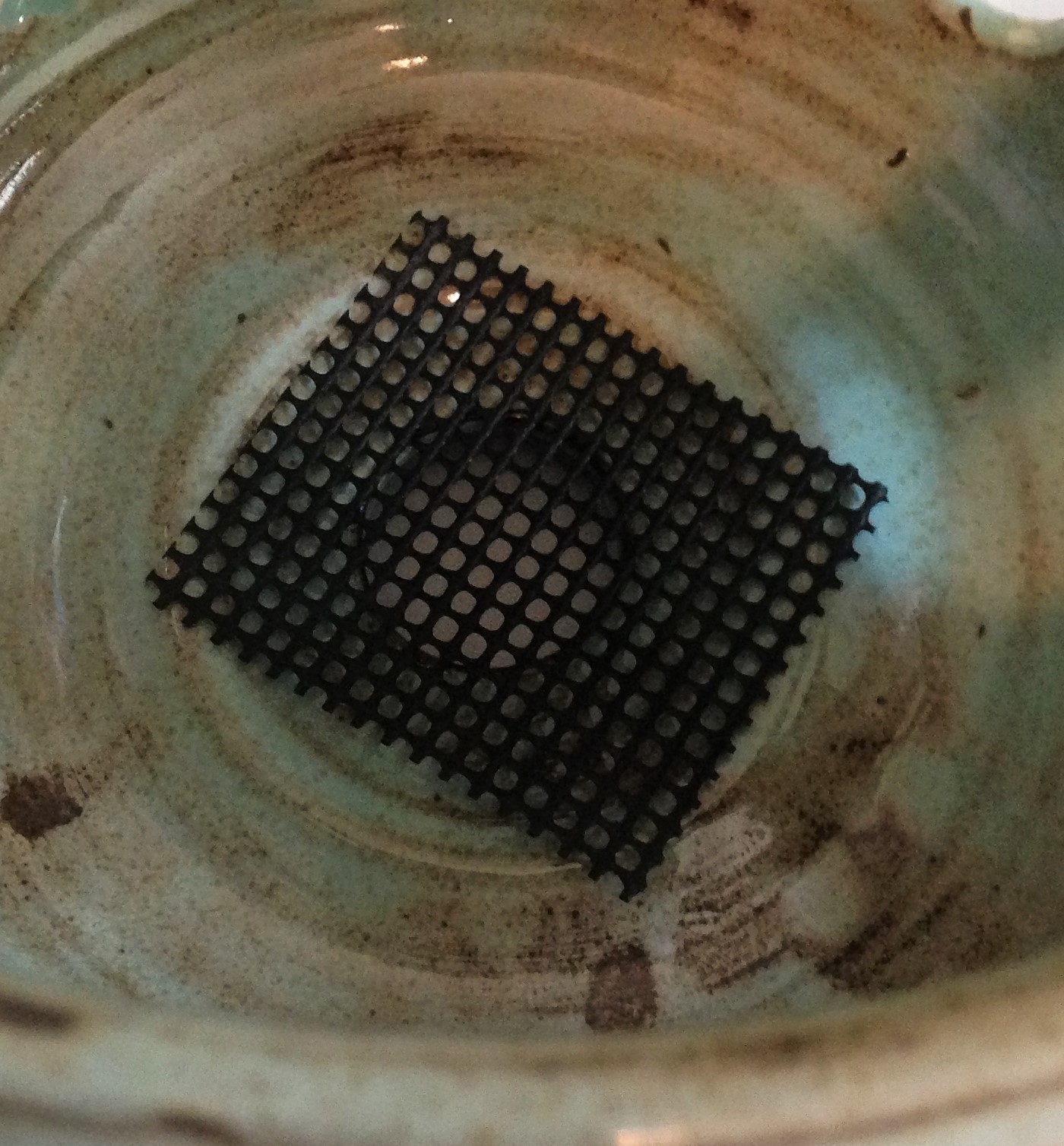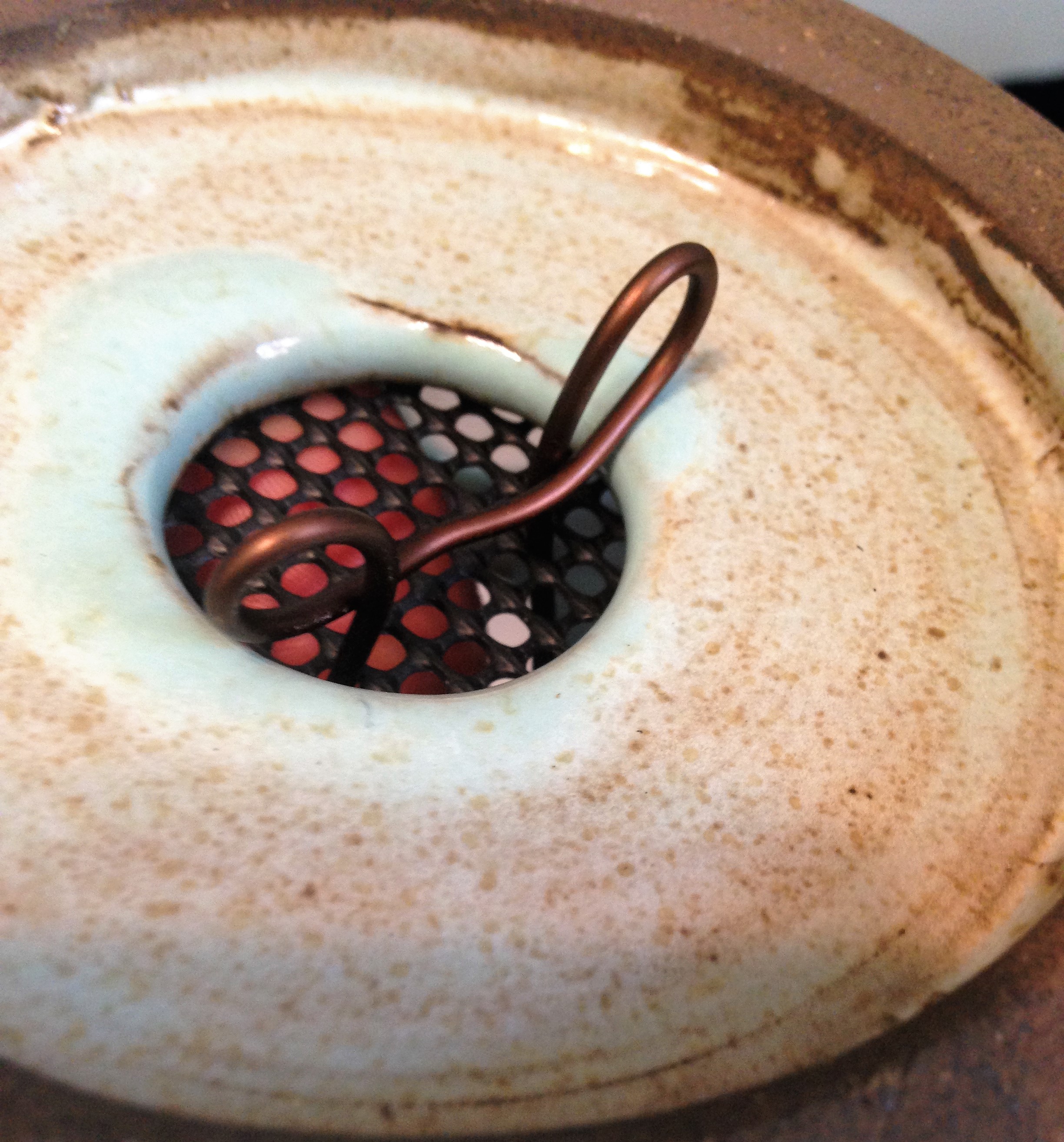I am going to start this post by admitting something: I have killed a lot of orchids. It always seemed like I was over compensating in some way that would lead towards a painful end. Either watering them too much because I had let them dry out before, or water too little because I over watered last time. Orchids seem so touchy when it comes to watering and this has led to another realization: orchids are the worse plants to watch die since it takes so long for them to kick the bucket. I'm left to helplessly wait as the inevitable happens. They either take weeks for the leaves to shrivel and fall off from root rot, or each leaf shrivels and turns black/yellow from too little water.
However, I have managed to keep a window full of orchids alive now for 3+ years in my apartment. I have had them re-blossom and spread out with new growth. It feels amazing to finally have a system in place that help the little guys thrive. Here's what I have found to work:
Our bedroom window filled to the brim with orchids and doubling as a cat perch for our little Chaussette.
Soil: I really am a believer in tree bark now. For some reason most of the local nurseries near me sell soil as orchid soil, when this only seems to lead to root rot. The tree barks holds water but allows air flow for the roots to breath and mostly dry out. Orchids never like to be soggy. I do keep my Vanda in a hanging basket with no bark but these are more the exception than the rule.
Watering: I water once a week now. It is better to miss a couple days than water early. During the Spring and Summer, around the time they are to re-bloom, I start fertilizing them every other week with orchid fertilizer. I dunk the pot most of the way into a bucket with a fairly quick dunk. and then I pour water over the top. This way the bark doesn't float out from the top of the pot. Once most of the water has stopped draining I put the orchid back. No need for catch plates with Orchids.
Spraying: Orchids really need good humidity. My apartment gets fairly dry, especially in the winter, so I have to do this part quite religiously. I give them all a very good spray on their leaves and at the top of the pot to get their roots a little wet. I do this once per day and they really seem to like this.
Humidity Reader: I live in the northeast and during the winter, my building cranks the heat to the point where I need to open the windows sometimes. Since the heating is always on, the air can get super dry, which is horrible for the orchids. One trick I figured out was to get a cheap humidity reader (around $10-$20), so that I could keep track of the moisture levels near my orchids. After buying it, I was easily able to figure out how much to spray the orchids everyday. If you decide to buy one, you want the humidity around your orchid area to read around 60% at the very least. After getting the reader, I haven't had the issue of my orchids drying out.
Light: I have a mostly West facing window. I understand more of an East facing window can be better but I do not have this choice. During the summer I have has one or two leaves scorched but otherwise they have been pretty happy in this spot. A noonday sun in a South facing window would definitely be too much for them. It takes awhile to get used to the fact that beautifully dark green leaves means the orchid actually needs more light and is not getting enough where it is. A lighter grass-green color means that have the correct amount of light they need.
Pots: Terracotta with the slits are great. If you want to have a glazed ceramic planter you need one with plenty of cutouts or slits to allow air to go through the orchid soil.
Drainage: This is somewhat related to the pots. The pot must have at least a big hole in the bottom to allow water to drain and some air to flow through the pot. I have too often seen orchids for sale at flower shops and nurseries where they sell the orchids in glazed pots with no holes. Essentially the complete opposite of what an orchid should be kept in and guarantees the roots will rot. We always cut large holes in the bottom of our pots to make sure there is maximum drainage.
Long term Orchid care does require more perseverance than a quick water when the leaves start wilting. Orchids can live 20+ years, so with careful care you can enjoy watching them grow and re-bloom for years to come!
An example of an orchid pot with extra drainage holes
